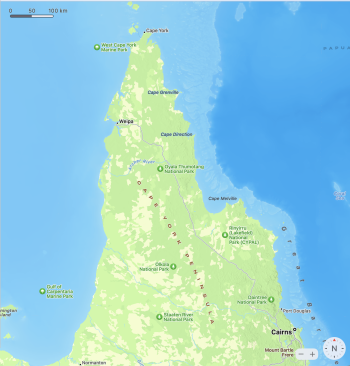You are assuming that I am skeptical of EVs, but I am not. I have explained numerous times the reasons why I don't want an EV. The answer is as follows: My wife and I already have several automobiles (two trucks, SUV, small car, ATV, and UTV), and don't plan to buy any more vehicles because we don't need them. The small car, a Toyota Corolla, we haven't driven since 2019. It is in perfect shape, and we let our daughters drive it when they come to visit us each summer (they live far away from Alaska). Of the two trucks, one has a smaller engine, so I use this one to drive a few miles away from home to isolated areas away from streetlights and houses to take photos of the auroras, or wildlife, or of the sled dog races, skijoring, and so on. I also used it during the fishing and hunting seasons. The other truck I use now and then to tow a 17-foot trailer that is loaded with the UTV, ATV and smaller trailer, and some other times I haul a 6,000-pound travel trailer. The areas I camp, fish, and hunt are very remote. I carry extra fuel, a 2,000-watt inverter generator, plus food and supplies to last three weeks in the outdoors. There aren't houses, gas stations, electrical outlets, etc. We sleep in tents, or in the truck (it has a topper).
As for renting one, there aren't EV's for me to rent, nor charging stations in Fairbanks Alaska.
I have also explained that in some areas of Alaska where the weather is milder than in interior regions, some people have EV's. For example, in Anchorage, and Juneau. I have seen two Tesla automobiles in Fairbanks, one during the summer, and a few weeks ago I saw another, both driven into a military installation by newcomer military members from other US States.





